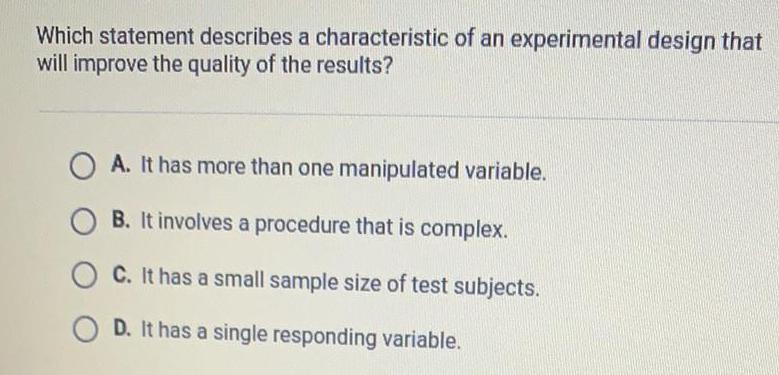Which statement describes a characteristic of sparta’s religion – Delving into the enigmatic tapestry of Sparta’s religious beliefs, we embark on a journey that unravels the profound influence of the divine upon this ancient warrior society. As we delve deeper into the sacred rituals, deities, and festivals that shaped Spartan culture, we uncover a fascinating interplay between religion and military prowess.
Sparta’s religion permeated every aspect of Spartan life, providing a spiritual framework that guided their daily existence and military endeavors. From the veneration of gods and goddesses to the observance of religious ceremonies, the Spartans sought divine favor and guidance in all their pursuits.
Religious Significance of Sparta: Which Statement Describes A Characteristic Of Sparta’s Religion

Religion played a central role in Spartan society, shaping the city-state’s culture, daily life, and military prowess. Religious rituals, beliefs, and festivals permeated every aspect of Spartan existence, influencing everything from political decision-making to military strategy.
Spartan Gods and Goddesses, Which statement describes a characteristic of sparta’s religion
The Spartans worshipped a pantheon of gods and goddesses, each with specific attributes and domains:
- Zeus:King of the gods, protector of justice and order
- Athena:Goddess of wisdom, war, and crafts
- Apollo:God of music, poetry, and healing
- Artemis:Goddess of hunting, wilderness, and childbirth
- Ares:God of war and bloodshed
Religious Festivals and Ceremonies
The Spartans observed numerous religious festivals and ceremonies throughout the year:
- Hyakinthia:A festival honoring Apollo and Hyakinthos, celebrated with athletic competitions and sacrifices
- Karneia:A festival honoring Apollo Karneios, associated with military victory and celebrated with processions and choral performances
- Gymnopaedia:A festival honoring Apollo Gymnaetas, featuring naked youths performing athletic dances
Priesthood and Religious Authority
Priests and priestesses held a prominent role in Spartan society:
- Kings:Served as chief priests of the state, responsible for performing religious rituals and sacrifices
- Pythia:A priestess of Apollo at Delphi, whose oracles were consulted for guidance
- Ephors:A council of five officials who supervised religious affairs and enforced religious laws
Religion and Military
Religion and military prowess were inextricably linked in Sparta:
- Divine Protection:Spartans believed that the gods granted them military success
- Religious Omens:Priests interpreted signs and omens to guide military decisions
- Religious Rituals:Warriors performed rituals before battles to invoke divine favor
Popular Questions
What was the central role of religion in Spartan society?
Religion provided a spiritual framework that guided all aspects of Spartan life, from daily existence to military endeavors.
Who were the primary gods and goddesses worshipped by the Spartans?
The Spartans primarily worshipped Zeus, Apollo, Athena, Artemis, and Ares.
What was the significance of religious festivals and ceremonies in Sparta?
Religious festivals and ceremonies played a crucial role in maintaining religious traditions, fostering community bonds, and seeking divine favor.


